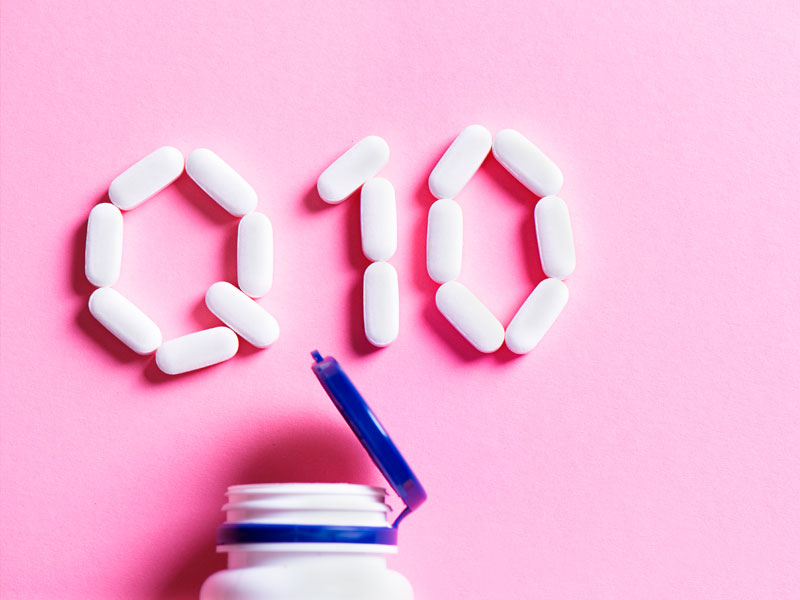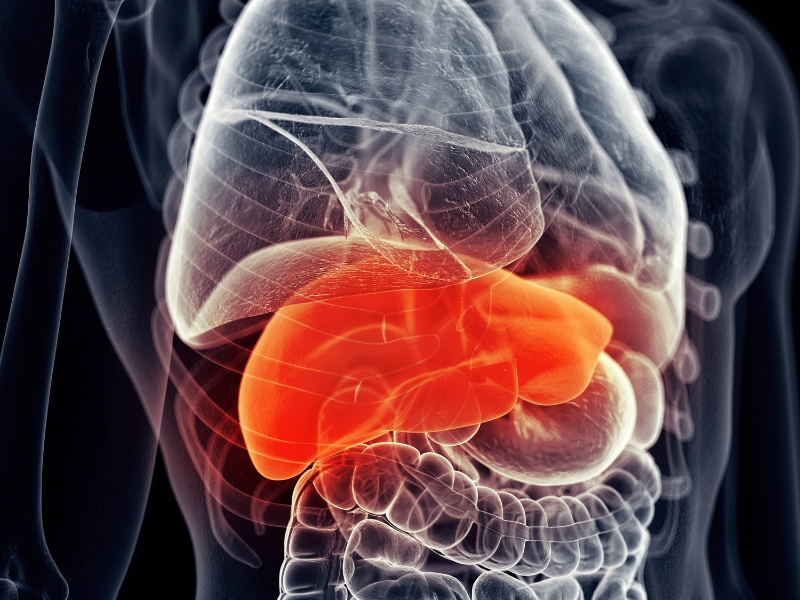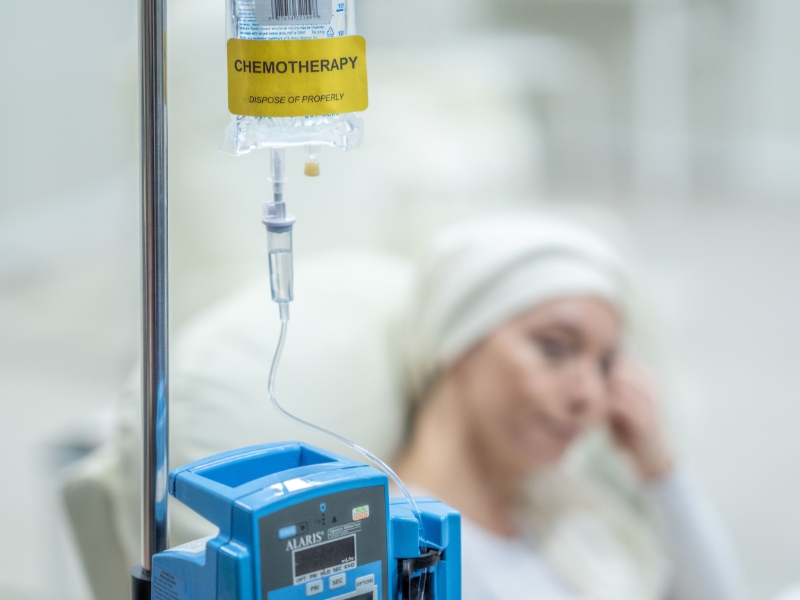Coenzyme Q10 and Cancer Prevention and Treatment
In cancer prevention, Coenzyme Q10 supplements have antioxidant and anti-inflammatory properties that can help inhibit mutations in nuclear DNA. Once cancer has developed, studies of CoQ10 supplementation show either positive outcomes or no adverse effects on cancer progression.








